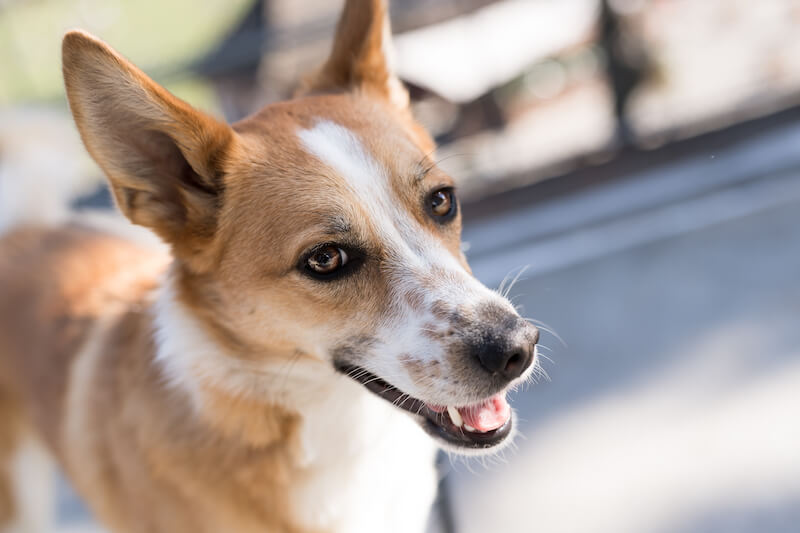About us Every face has a story: Meet Nardos
“Hi, how are you?” There it is again, the typically warm and slightly timid “Nardos smile” that she always brings with her wherever she goes. Nardos has now been working at Valeriana for about two years. So, we thought that it was about time that you get to know her, too!
When we first invited Nardos for a chat, she immediately said yes. She ended up coming two later than planned — not because it wasn’t important to her, but because she works so much — both at Valeriana and at the hair salon which she runs together with her husband near Langstrasse. Even Nardos, who normally loves to chat, can get a little too tired after a long day at work. However, once she finally has enough time for the interview, she’s 100% present: this infectious, bright energy! We had sent her the interview questions beforehand, and she brought them back with her own notes — though she ended up hardly using them at all. Our chat quickly went its own organic course.
Let’s start from the beginning: “When and where were you born?” Nardos thinks for a second before finding the right numbers: “1992. In Asmara, the capital of Eritrea”. There, she spent the first three years of her life together with her parents and her three siblings. Her family still lives there. Nardos is the only one in Switzerland. Has she visited her family occasionally since coming here? “No.” No? “No, I can’t. The political situation in Eritrea is very difficult. I can’t just go back.” And so, Nardos tells us what exactly makes the situation so difficult. She tells of a president who has been in power for as long as she has been alive. And she tells of the violent conflicts with other countries and what they have meant for Eritrea’s population. “Once you turn 20, 21, you have to join the army. There is no time limit, some stay in the army until they are too old and can’t continue anymore. Men have to go, but women do, too. Sometimes, they make an exception, like if a woman has had children and has gotten married. But not always. Sometimes they still have to go. There is simply no freedom in Eritrea. Even when it comes to religion. If I talk about my God in Eritrea, I will be imprisoned. That is why I left my country when I was 16 years old.”
16. What did your own life look like at 16? Do you still remember? What preoccupied you back then, what concerned you?
Nardos’ life took place in an Ethiopian refugee camp. She was there for four years. People were routinely flown out, to Canada, for example. But years can pass before that happens. And thus, Nardos continued her journey. Through a total of five countries and across the sea — yes, in one of those boats that we always hear about on the news. Only that Nardos’ boat didn’t sink. She made it.
In 2014, she reached Lausanne, and since 2018 she has been in Zurich. Here, she found what had been missing on the other side of the sea: “In Switzerland, the people are free. Here, I can walk the streets alone at night without fear. I can live my faith without the risk of going to prison. I love Switzerland. The country has given me chance, an identity.”

While looking for work, somebody recommended Valeriana to her. Together with a friend, she applied for a job with us in 2019 and they have both been working with us ever since. “I have a lot of respect for Valeriana. Valeriana is amazing. I am able to learn German and have many great customers!” Nardos especially remembers her first customer Melanie: “Such a lovely woman. Very friendly. She would even help me with my work sometimes. And she gave me a lot of things, even clothes.” After Melanie left the country, they remained in touch, occasionally writing to each other. Then Nardos changed her number and lost Melanie’s. When asked whether she would like to get Melanie’s number back, she says “Melanie knows where I live, so when she comes back in two years, I would be happy to see her again” and smiles.
Nardos takes life as it comes and knows that just because people aren’t there that moment, it doesn’t mean that they are gone for good. After all, she feels the same way about her family. Would she ever go back to Eritrea? “I would love to see my house, my city and my family. I would like to be able to give my country a second chance one day.” A second chance, just like Switzerland was a second chance for her.
Nardos takes life as it comes and knows that just because people aren’t there that moment, it doesn’t mean that they are gone for good. After all, she feels the same way about her family. Would she ever go back to Eritrea? “I would love to see my house, my city and my family. I would like to be able to give my country a second chance one day.” A second chance, just like Switzerland was a second chance for her.
We thank you wholeheartedly for your time and openness, dear Nardos. We are happy to have you in our team and wish you all the best for your future!




.png)

